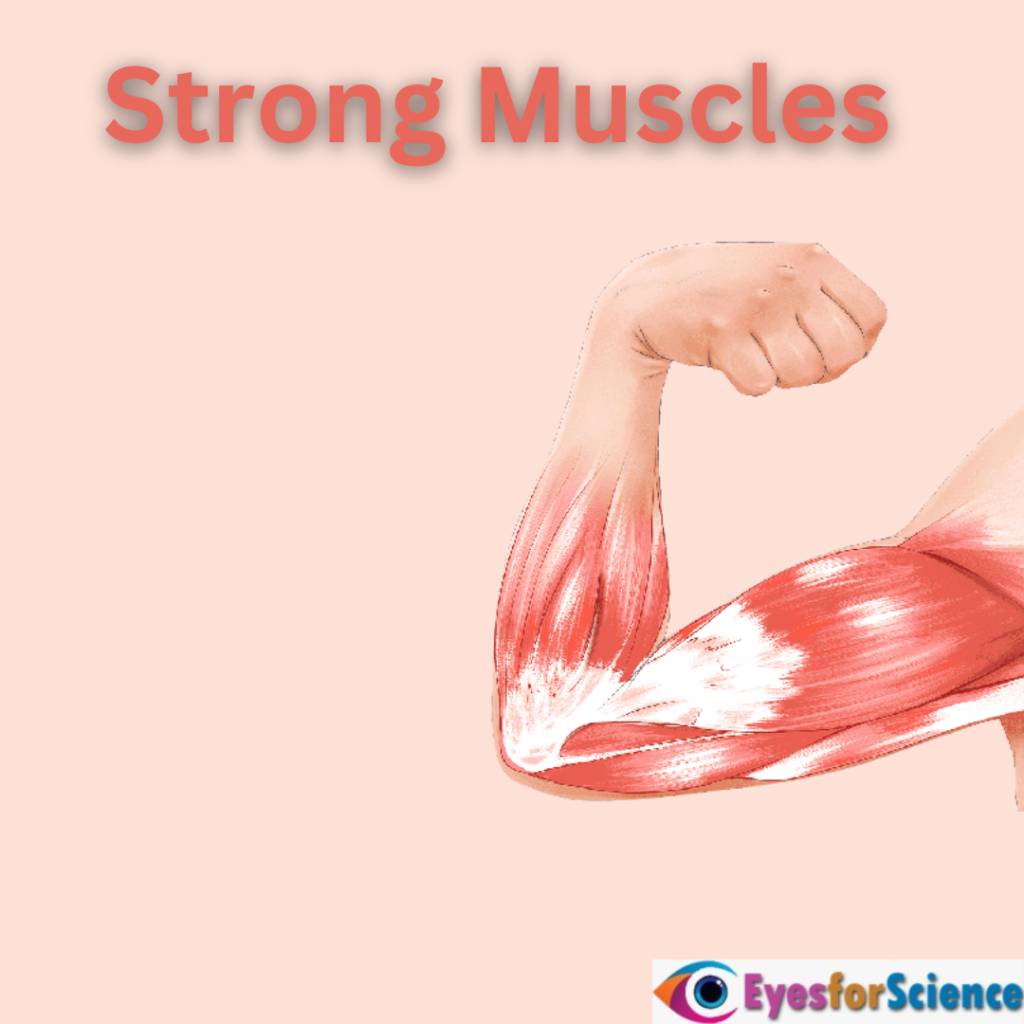Having healthy joints is not an option but it is a necessity. Thus, everyone must make efforts to maintain healthy joints right from a young age. These efforts will make things easier when you grow old. This post will discuss some key and simple tips that’ll help you maintain strong and healthy joints.
Maintaining strong joints doesn’t mean that you’ll be able to prevent injuries but yes, the severity can be minimized, and healing occurs at a faster pace. Let us see how can safeguard your joints as you age.
Tips to Maintain Healthy Joints
Manage Weight
A healthy weight is a sign of a fit body and that also reduces the risk of health problems including orthopedic ones. If we specifically talk about what is good for joint health, then maintaining an ideal weight is important. Let us what happens when is high and low.
Obesity – High Body Weight
People with high body weight have excess muscle mass and this puts joints under stress, especially weight-bearing joints. When body weight is high, every 10 pounds of extra body weight puts up to 40 pounds of force on each of the knee joints, or even more. This stress over time causes more wear & tear in the joints. Thus, the risk of severe age-related joint problems and spinal problems increases.
Low Body Weight
With low body weight, the muscle mass required for the stability and support of the joint is also low. Hence, the joint becomes prone to more wear & tear and damage.
So, the key point you must notice here is to maintain ideal body weight. This will significantly keep your joints safe from many joint problems.
Keep Moving
When the activity level is low, joints become stiff. Over time, discomfort starts to occur while doing daily activities. Studies have also found that a sedentary lifestyle increases the risk of orthopedic problems like osteoporosis & arthritis. Even optimum physical activity is required by the body to produce new bone cells. So, when you adopt a lazy lifestyle, more bone will deteriorate than formed by the body. Thus, it is important to adopt an active lifestyle. Avoid sitting at a place for long hours. Even in the office, try to have a break of at least 5 minutes to stretch your legs and back after every 2-3 hours.
If you stay active, your joints will stay mobile, and this improves the range of motion while assisting with the growth of new bone cells. Not only this but wear & tear also occurs at a slower pace in active people. Thus, fewer complications occur in the later stages of life.

Keep Muscles Strong
Strong muscles are required to support and stabilize joints. Strengthening, stretching, and weight-bearing exercises are best for keeping your muscles strong & flexible. Your exercises must include core-strengthening exercises for the abdomen, back, and chest muscles. Considering this will improve your balance and reduce the risk of falls. Low-impact exercises like walking, cycling, and swimming also protect joints in the long run.
Maintain Correct Posture
A poor body posture while sitting, sleeping, walking, and standing is harmful in the long run. Most non-traumatic spinal problems are occur because of poor posture. So, maintaining correct body posture while doing routine activities is important to maintain healthy joints. For example, keep your back and head straight, shoulders upright, knees bent at 90 degrees, and feet completely on the ground. Similarly, using the correct postural techniques while lifting heavy objects can help you prevent injuries.
Correct Diet is Important
Having a calcium-rich diet is important to maintain strong bones and joints. Not only this but when you are on a weight losing or increasing regime, the correct diet is important too. Overall, it won’t be wrong to say that in the whole process of maintaining healthy joints, you need to know what to eat and what not to eat. Avoid fast food and carbonated drinks as much as you can. They have a negative impact on bone and joint health. Add milk, fortified foods, cold water fish, green leafy veggies, and whole grains to your diet.

Quit Smoking
Tobacco is not a friend rather it is a foe for bones. Many studies have confirmed that smokers have a high risk of developing orthopedic problems. This is because tobacco increases the rate of bone deterioration hence, chain smokers feel older by their late 30s only. Aging also occurs at a faster rate in smokers. Besides this, it is also true that recovery after any injury or surgery is also slow/delayed in smokers.
So, if you smoke, quit as early as you can.








